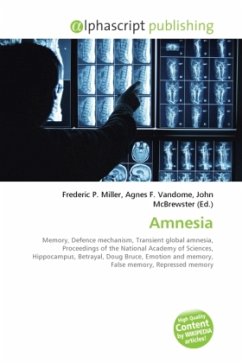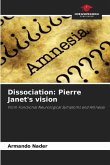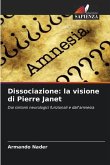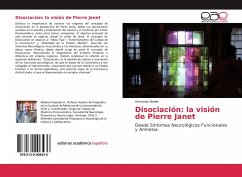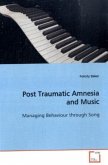Amnesia is a memory condition in which memory is disturbed. In simple terms it is the loss of memory. The causes of amnesia are organic or functional. Organic causes include damage to the brain, through trauma or disease, or use of certain (generally sedative) drugs. Functional causes are psychological factors, such as defense mechanisms. Hysterical post-traumatic amnesia is an example of this. Amnesia may also be spontaneous, in the case of transient global amnesia. This global type of amnesia is more common in middle-aged to elderly people, particularly males, and usually lasts less than 24 hours. Another effect of amnesia is the inability to imagine the future. A recent study published online in the Proceedings of the National Academy of Sciences shows that amnesiacs with damaged hippocampus cannot imagine the future. This is because a normal human being, imagining the future, uses past experiences to construct a possible scenario.
Bitte wählen Sie Ihr Anliegen aus.
Rechnungen
Retourenschein anfordern
Bestellstatus
Storno

